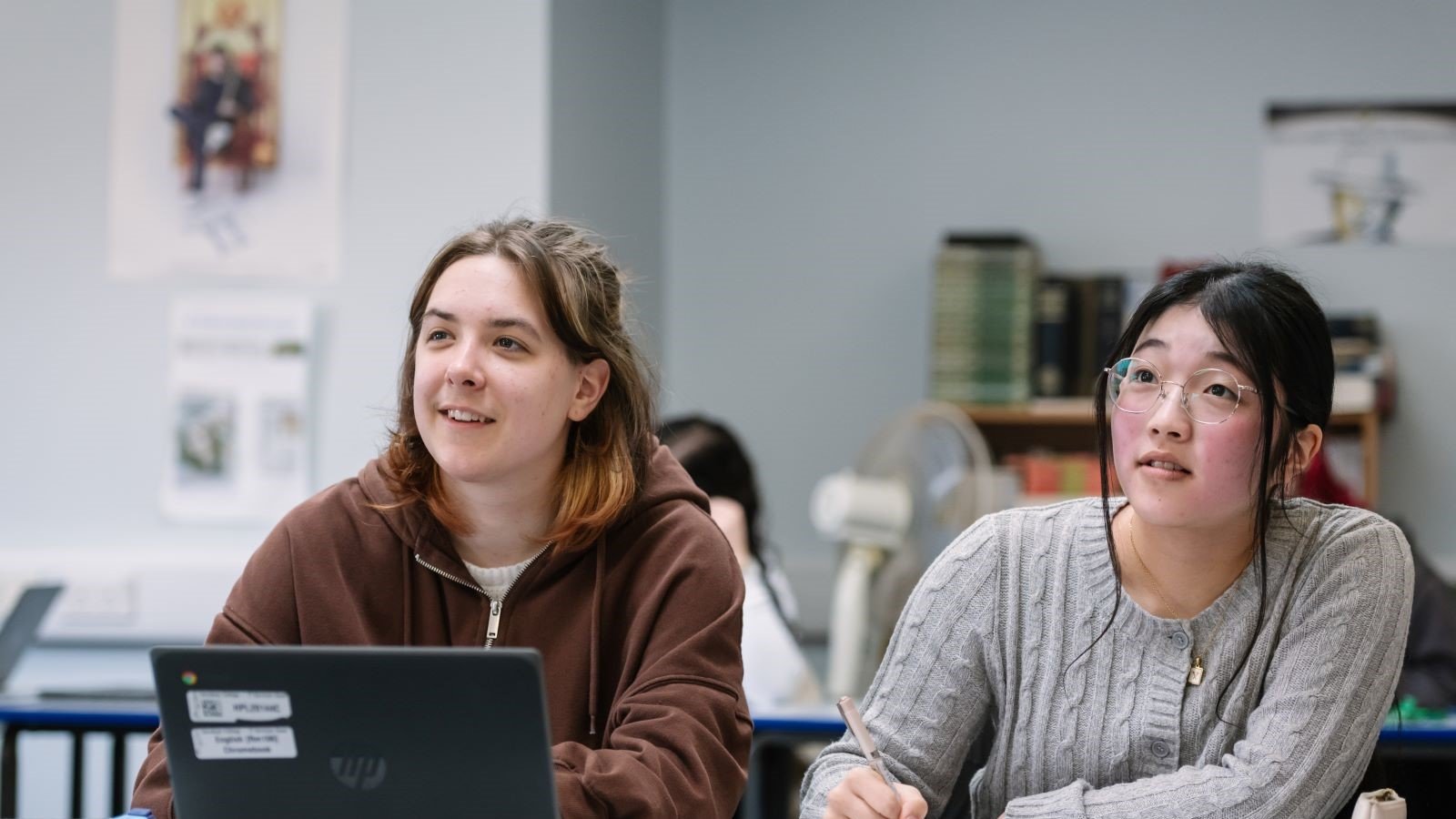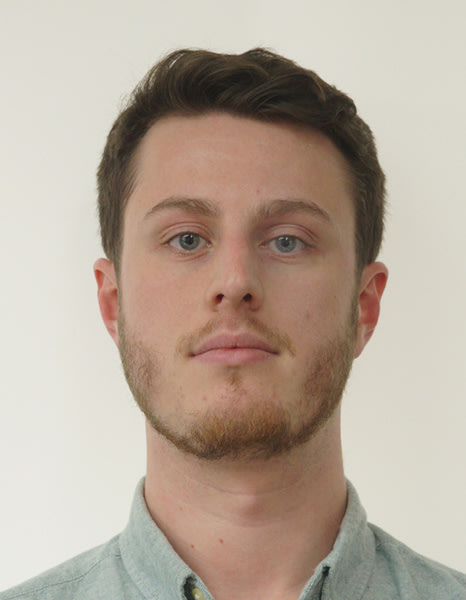
English Language and Literature is a dynamic and exciting course for students who feel they have enthusiasm and skill in both areas. It combines examining literary texts with using an understanding of how language works to create texts to suggest the speaker or writer’s identity. As you work on both English Language and Literature, you will examine how spontaneous speech operates in real life and how dialogue can be represented in texts. This course enables you to study a wide range of text-types, including fiction such as novels, short stories, poetry and plays and nonfiction varieties including memoir, articles, online texts and conversational transcripts.
Lessons will mostly involve reading a wide variety of literary and linguistic texts; discussion of how language works in the texts we read; exploring how we analyse language-use in a wide range of written and spoken contexts; creating new fiction and nonfiction texts; working on writing-skills in order to be more creative, analytical and accurate. Sometimes there will be opportunities to create presentations, to watch performances of key texts on-screen or to visit theatre productions.
This is the right course for anyone who has enjoyed both English GCSEs and feels they have cross-curricular language skills and interest, which encompass the literary and linguistic. If you enjoy reading fiction and nonfiction, appreciate the creative and analytical aspects of English work and have a passion for the written and spoken word, this will be the right course for you.
Paper 1: [40%] Voices in Speech and Writing
This focuses on exploring an anthology of text-types and one modern stage play.
Paper 2: [40%] Varieties in Language and Literature
This unit involves studying a wide range of non-fiction texts on a chosen theme, in preparation for responding to an unseen text on one theme, from the following list:
- Society and the Individual
- Love
- Loss
- Encounters
- Crossing Boundaries
We will also read and examine two literary texts on one of the above key themes.
Please note, studying Lang-Lit at A-level is an invitation to engage in and examine texts which can sometimes include challenging and difficult topics.
Coursework: [20%] Investigating and Creating Texts
Assignment 1: students produce two pieces of original writing. I.E. one example of fiction writing and one of creative non-fiction writing.
Assignment 2: an analytical commentary reflecting on your studied texts and the pieces of writing you have produced.

Studied: English Language/Literature, Politics, Law, Modern History
Progression: BA English Literature (First-Class Honours) / MA English (Distinction), University of Reading
Studied: English Language/Literature, Politics, Law, Modern History
Progression: BA English Literature (First-Class Honours) / MA English (Distinction), University of Reading
Jerome studied English Language & Literature, Modern History, Government & Politics, and Law at Varndean, with a view to continuing his study of Law to university, and entering the legal profession.
After a change in direction during his gap year, he instead went on to study BA English Literature at the University of Reading from 2015 to 2018, graduating with First-Class Honours and being awarded the Dr Jean Young Memorial Award. During his studies, he oversaw a number of arts projects at the University, including the publication of three editions of the annual Creative Arts Anthology. He subsequently completed an MA in English, also at Reading, for which he achieved a Distinction. Following the completion of his MA, Jerome secured a PhD offer to research dystopian fiction and depictions of children and childhood at the University of Manchester, however, due to the coronavirus pandemic and other changes in circumstances, these plans were postponed. He currently works in charity administration in Brighton.
Outside of his studies, Jerome has continued independent academic research; in addition to presenting at a number of conferences focused on literature, pedagogy, and psychoanalysis, his work was also featured in the collected text, Questioning Ayn Rand: Subjectivity, Political Economy, and The Arts (ed. Neil Cocks), published by Palgrave MacMillan in 2020, a text interrogating and deconstructing Rand from a left-wing critical perspective, with his chapter focusing on Rand's education writing in the 1960s and 70s, and how her philosophies influence modern-day education policy.
Jerome says: "Above anything else, make sure you choose subjects you enjoy. While there are other reasons to choose certain subjects – maybe to fit into what you want to study at University for example – if it's not something you actually enjoy working within, it makes it much harder to engage with any of the materials. It's your education, and being excited – even slightly! – about what you're working on can make all the difference to how you end up getting on!"
Course Essentials
Creative Writing
The English Area at Varndean College offers a weekly class for writers run by published performance poet and writer, Rachel Shorer. It is an extracurricular activity open to all. In each session, she leads workshops on developing students' skills in different aspects of creative writing. Prose, poetry, drama and script writing are all covered.
The English Literature Extension Class is an informal group, which meets every few weeks to discuss texts and ideas not on the course.